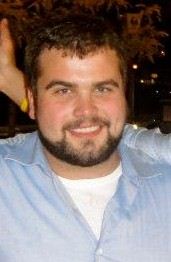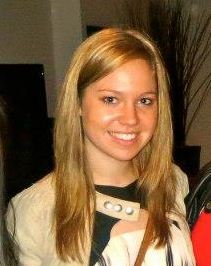After only being in the program for a short amount of time, I wouldn’t have expected to accomplish much yet. However, I have been pleasantly surprised at all of the small daily “wins” I am experiencing in my first few weeks. They may not be huge successes if viewed from the outside, but to me, they are major steps that show me that this is truly a wonderful learning experience. I am already getting so much out of the program on a daily basis
For example, coming into the program, I had experience with Excel; but nothing like the extent that I use it now. The other day I pulled out an old report that I had completed for my manager about a week into my first rotation. Just comparing that to the work that I am producing just a number of weeks later, it was amazing to see how much I have gained, even in a short amount of time. Every day I find myself learning something new, whether it is a faster way to complete something or a new skill that I can make a part of my normal routine. I enjoy working through issues or questions on my own, taking a lesson away from each new challenge.
Another small success is simply being able to keep up with the everyday language in conversations amongst healthcare professionals. The first few meetings I attended with my manager might as well have been conducted in Mandarin. I had little idea what all of the terms and acronyms meant. Now, when sitting around a conference table, I wouldn’t call myself an expert but I have a much better idea of what is going on. I can mentally process the discussions, rather than drowning in a sea of jargon.
These may not seem like a big deal, but these small accomplishments are what make me feel excited to come to work in the morning and satisfied when I leave in the evening. Altogether, allowing me to become a more proficient employee and benefit from my career immensely in the long run.
By Megan McGrath, Finance Management Rotation








